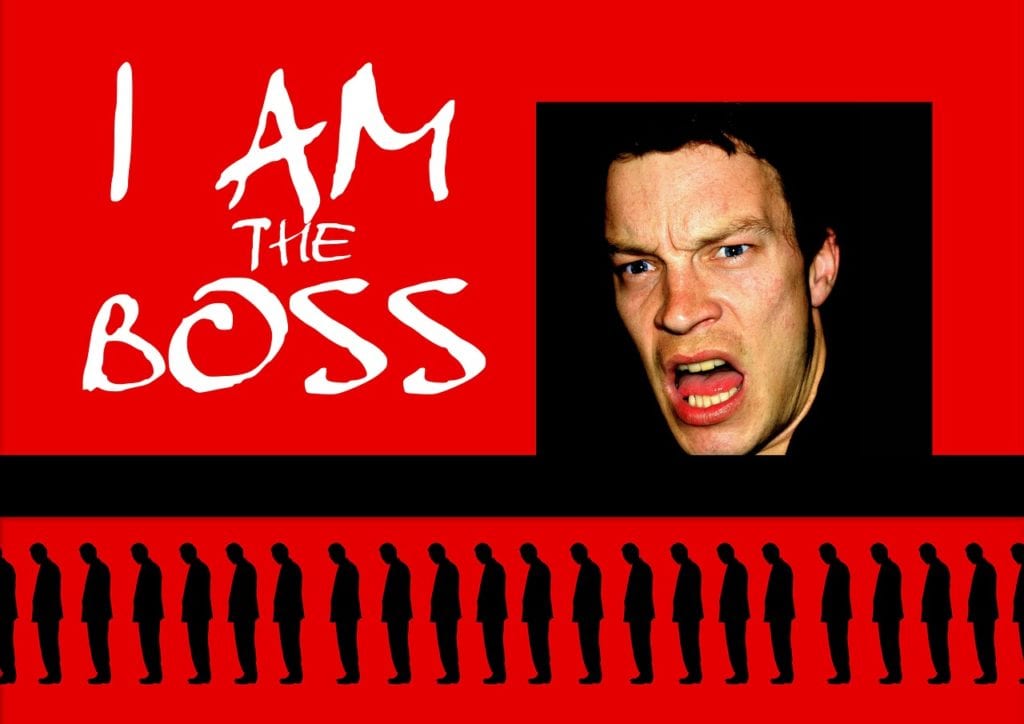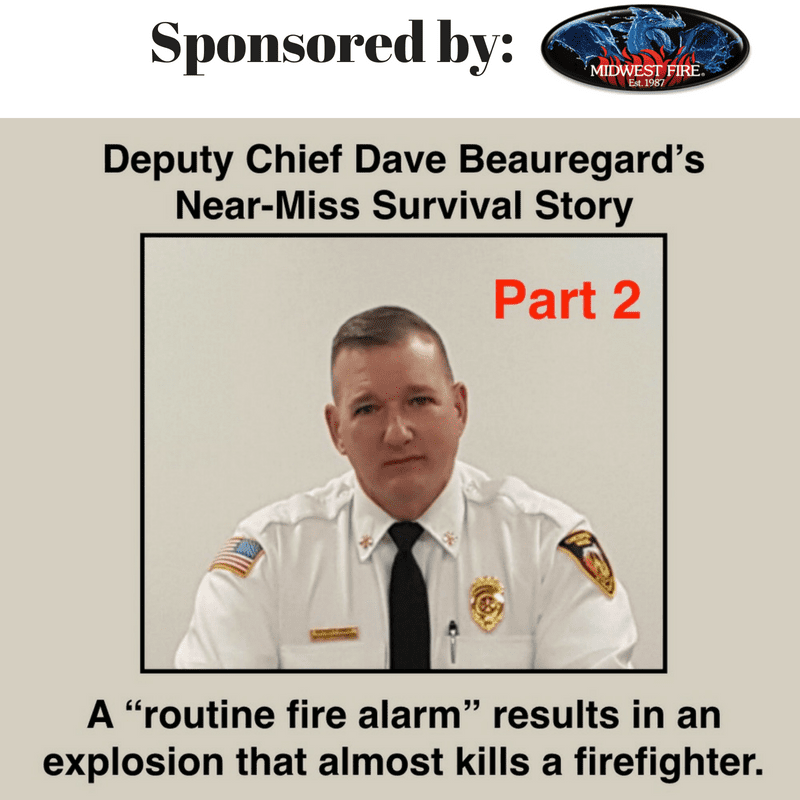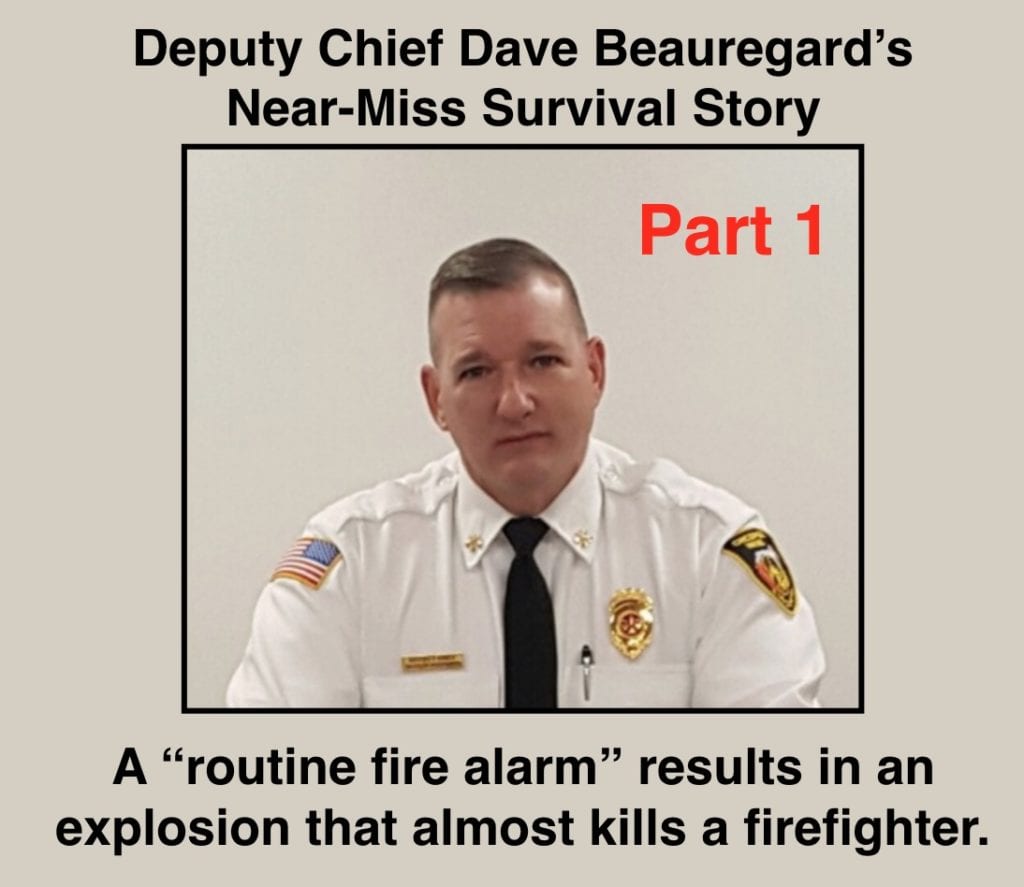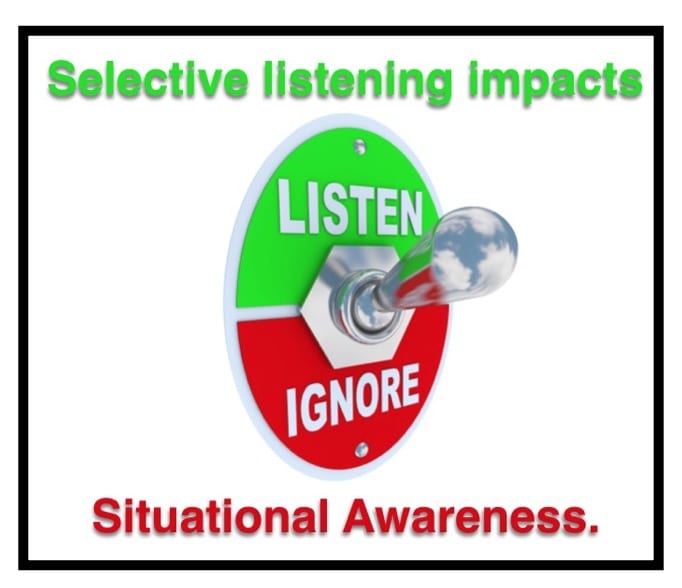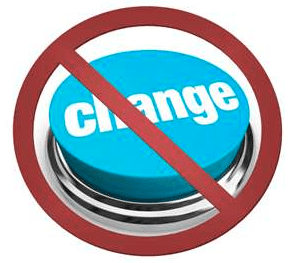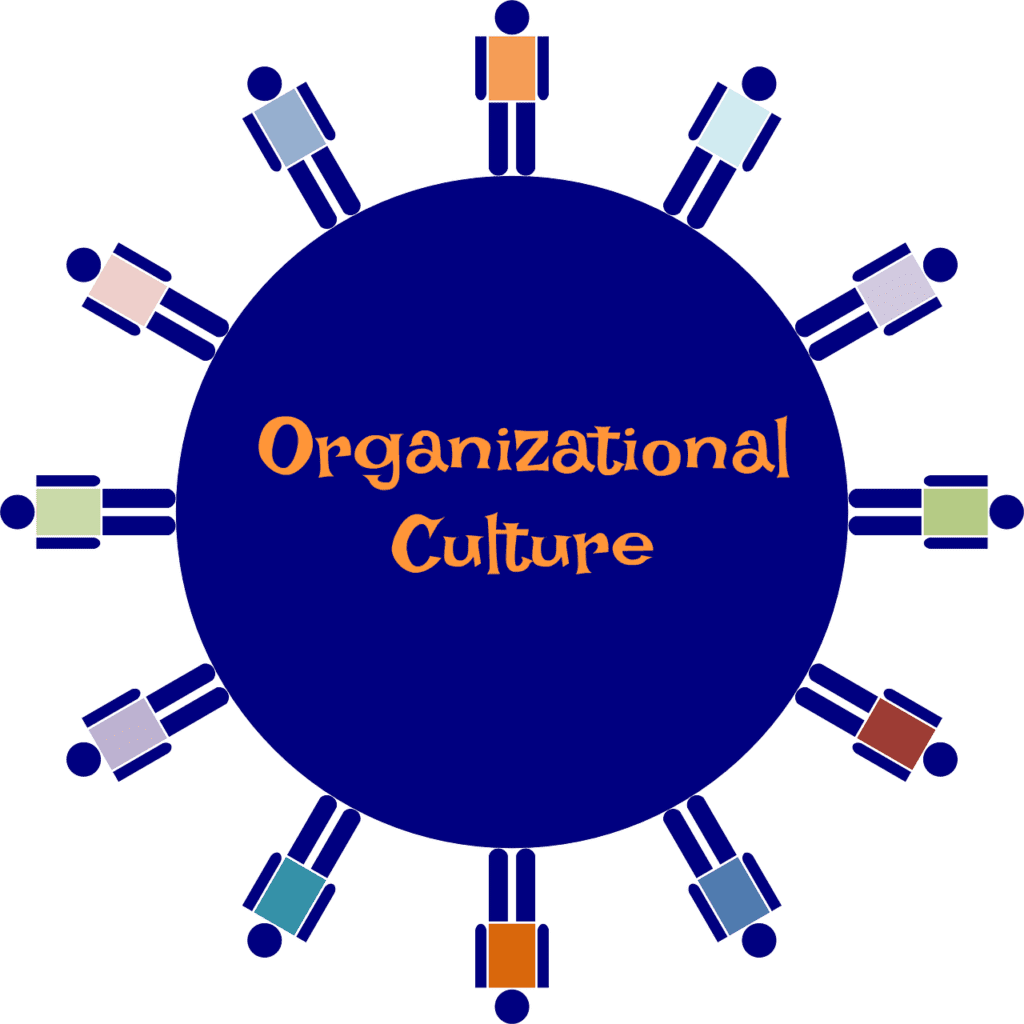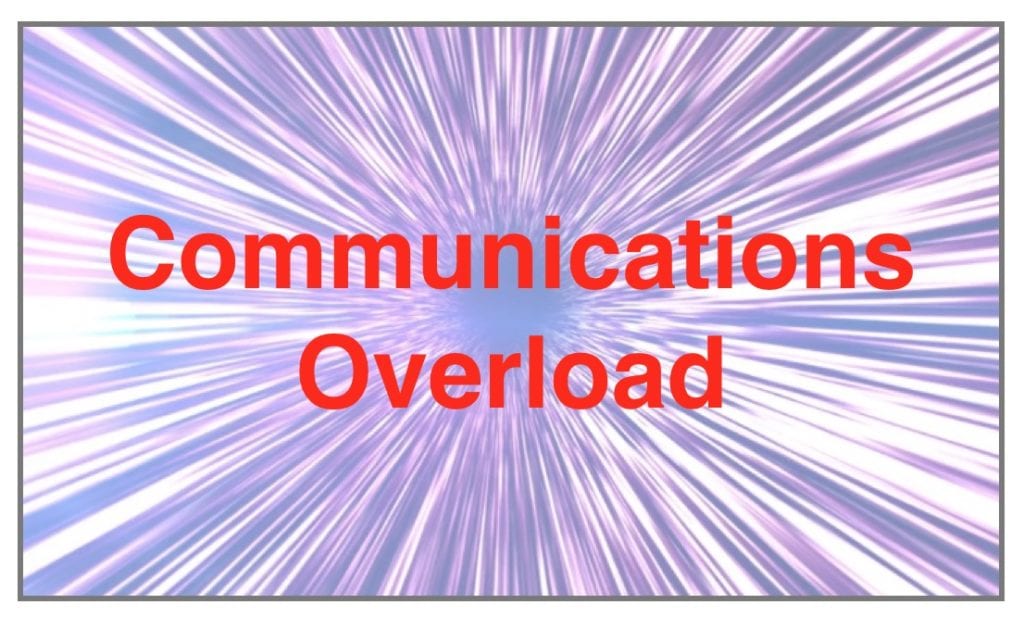Nine Dangerous Mindsets – Part 5: The Stubborn
Welcome to the fifth of the nine-part series on dangerous mindsets that can impact situational awareness and, subsequently, the safety of your team. In this article I am going to address the stubborn team member. This individual can be described as one set in their ways, closed minded and perhaps even defiant. Their narrowed view […]
Nine Dangerous Mindsets – Part 5: The Stubborn Read More »


